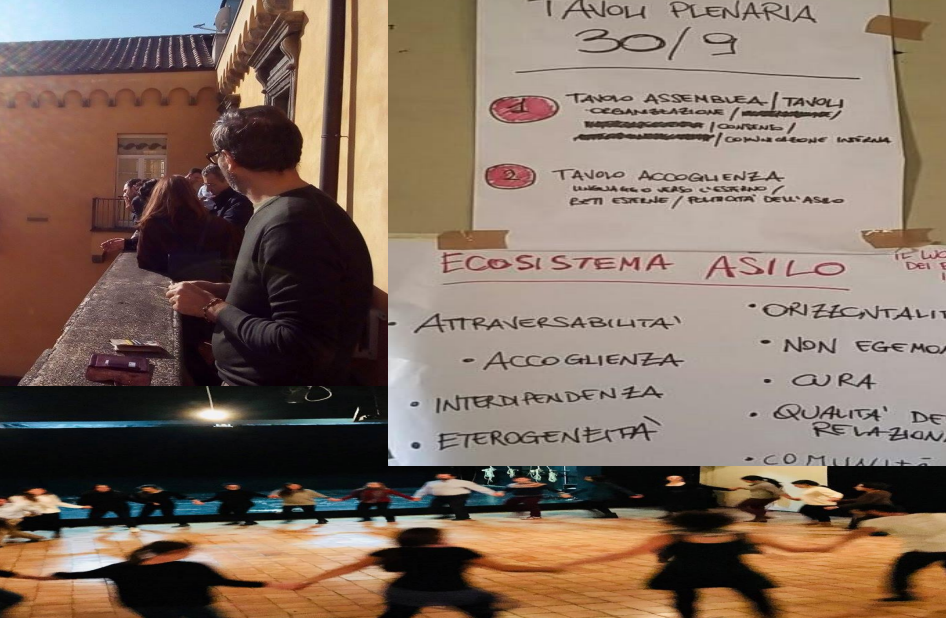note Note générale
Heteropolitics: refiguring the Common and the Political

Rapport du Dr. Alexandros Kioupkiolis produit en 2020 pour l'Aristotle University of Thessaloniki. Pour Lire le rapport
Extrait
This report peruses the various strands of contemporary research and thought on the commons, or the political principle of the ‘common.’ Its aim is to elucidate how late modern theories and practices of the common(s) can inspire and energize new modes of thinking and practicing democratic politics, economy and culture, which further collective empowerment and respond to the political, socio-economic, civilizational and ecological crises of our times. The commons, that is, collective goods and aspects of social life which are produced, governed and shared in common, are critically considered in terms of their effective contribution to reimagining and refiguring democratic politics today. The object of the present report is, thus, to probe and to lay out how the commons in their diversity (environmental, cultural, technological etc.) stage an actually existing alternative to the ruling regimes of politics, economy and culture but, also, how they can provide a motor of historical transformation, which could usher in a society of ampler freedom, equality, solidarity, reciprocity, openness, diversity and care for earth.
Table des matières
- Introduction
- Les communs
- Introduction: from Ostrom to Benkler and Federici
- Ostrom on Common Pool Resources: Carving out space for the alterity of the commons.
- Digital and peer-to-peer commons. The commons as an emergent historical paradim?
- The anti-capitalist commons stream
- Latest genral theories, feminist political commons, political theories and strategies, and the urban commons
- By way of conclusion
diversity_3Organisation(s) reliée(s)
bookmark Terme(s) relié(s)
 14 janvier 2023
14 janvier 2023
Commun
14 janvier 2023 12 juillet 2023
12 juillet 2023
Commun numérique
12 juillet 2023 16 juin 2023
16 juin 2023
Crise écologique
16 juin 2023 14 janvier 2023
14 janvier 2023
Démocratie
14 janvier 2023 26 mars 2023
26 mars 2023
Empowerment
26 mars 2023 19 juin 2023
19 juin 2023
Pair à pair - Peer-to-Peer (P2P)
19 juin 2023Carnet(s) relié(s)
 file_copy
8 notes
file_copy
8 notes
CRITIC - Bibliographie sur les communs
file_copy 8 notesAuteur·trice(s) de note
Contacter les auteur·trice(s)Communauté liée
CRITIC
Plus d’informationsPublication
28 février 2023
Modification
19 juillet 2023 10:52
Licence
Attention : une partie ou l’ensemble de ce contenu pourrait ne pas être la propriété de la, du ou des auteur·trices de la note. Au besoin, informez-vous sur les conditions de réutilisation.
Visibilité
public











